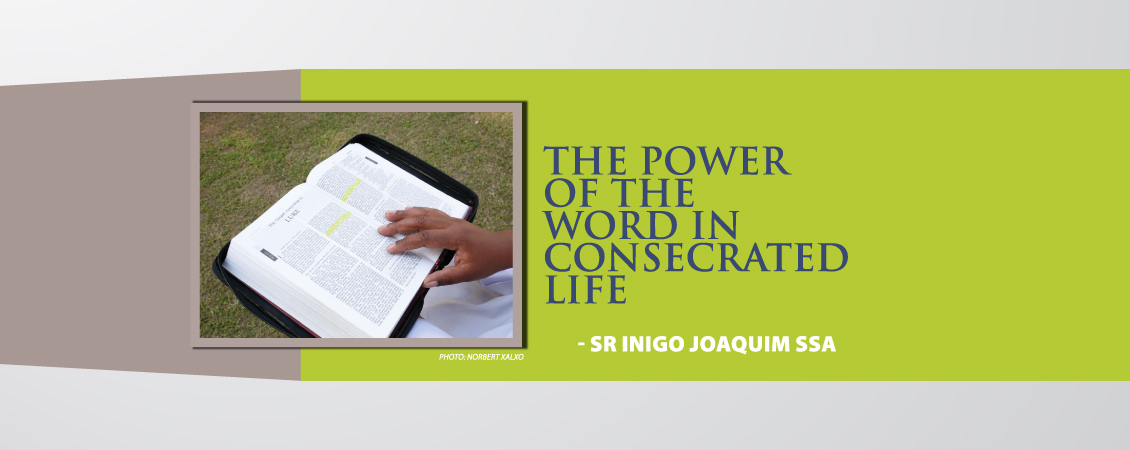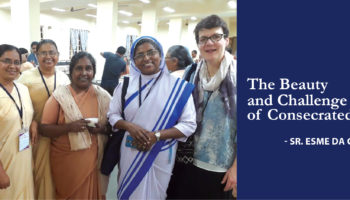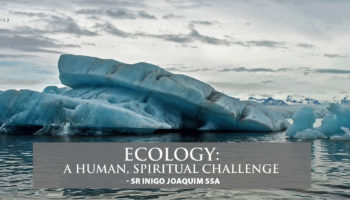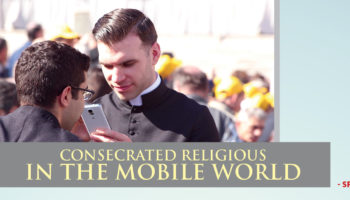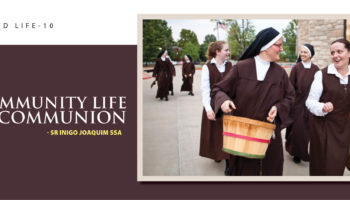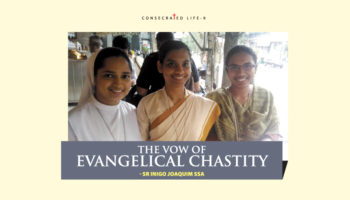The Word of God in Scripture has creative power in Religious life. It was with the power of this Word that God created the heavens and the earth and everything therein (cf. Ps. 33:6). Sometimes in the life of every individual there may be moments of emptiness, chaos, confusion and frustration, as in the case of the earth before its creation (cf. Gen: 1:2). But on such occasions, if one reads the Scriptures and submits himself/herself to be acted upon by the Word of God, a new heart and spirit will be created in that person.
How does one read the Word of God? There are five ways to do this.
First: Read the Word: For most of the two thousand years of church history, only priests got to personally read the Bible. But now billions of us have access to it. In spite of this, many believers are more faithful to reading their daily newspaper than their Bibles. It’s no wonder that we don’t grow. Daily Bible reading will keep us in the range of God’s voice. This is why God instructed the kings of Israel to always keep a copy of his Word nearby and read it regularly! (cf. Deut: 17:19).
Second: Receive God’s Word: Listen to it and accept it with an open, receptive attitude (cf. James: 1, 19, 21; Jn: 13:17). In Lk: 8:11-15 Jesus explains the Parable of the Sower: Jesus identified three unreceptive attitudes – a closed mind (hard soil), a superficial mind (shallow soil) and a distracted mind (soil with weeds) and he said: “Consider carefully how you listen” (cf. Lk: 8:18a).
Thirdly: Study the Bible. The difference between reading and studying the Bible involves two additional activities: asking questions of the text and writing down your insights. You haven’t really studied the Bible unless you’ve written your thoughts down on paper or computer. Pause for a while and ask simple questions, such as: What does God tell me in this passage? Do I get any message for my life in this context. (cf. Acts: 8:31).
Fourthly: Assimilate the Word of God. This is done by remembering it (cf. Mt. 12: 1-8). If you don’t have any Bible verses memorized, you’ve got no bullets in your gun! I challenge you to memorize one verse a week for the rest of your life. Imagine how much stronger you’ll be! You must use the Word of God as your weapon against your temptations and struggles. Jesus did this when he was tempted in the wilderness. Jesus countered every temptation by quoting Scripture. He didn’t argue with Satan. He didn’t say “I am not hungry” when tempted to use his power to meet a personal need. He simply quoted Scripture from memory.
Your capacity to remember is a God-given gift. You may think you have a poor memory, but the truth is, you have millions of ideas, facts and figures memorized. You remember what is important to you. If God’s Word is important, you will remember it. There are enormous benefits to memorizing Bible verses. It will help you to resist temptation, make wise decisions, reduce stress, build confidence and offer good advice. Your memory is like a muscle. The more you use it, the stronger it will become, and memorizing verses will become easier. You can memorize Scripture anywhere: while working, exercising, driving, waiting or at bedtime. The three keys to memorizing Scripture are review, review and review!
The fifth way is to reflect on the Word, which is meditation. Meditation is focussed thinking. It takes serious effort. You select a verse and reflect on it over and over in your mind. No other habit can do more to transform your life and make you more like Jesus than daily reflection on Scripture.
These five steps—reading, receiving, researching, remembering and reflecting on the Word—are somewhat ineffective if we do not put the Word into practice. We may avoid this personal application because it can be difficult or even painful. God’s Word points out our faults, rebukes our sin and expects us to change. It is human nature to resist change. (cf. Heb: 4:12).
Scripture as the Word of God has healing power. We are all wounded at heart and sick in mind. This affects our physical health also. The one who turns to the power of the Word will be cured from within and be able to face problems in life with joy and peace. Hence, one has to approach the Scriptures with the attitude of a sick person approaching a doctor for medicine to cure him/her of his/her ailment.
What is important is an experiential knowledge with faith. The Word does not reveal to us scientific truths, but religious truth that transforms. We have to take the Word to people who have never heard it. We have to prove the power of the Word of God, not only in homilies and Bible seminars, but also in places where bombs explode, where people are in conflict, where lives are lost, where drugs damage youth, where ideals are forgotten.
To carry the Word into the midst of life with all its pain, struggles, beauty and dreams, we need to be rooted in it. We need to learn to make it our daily food. Only when we have experienced its nourishing and transforming power can we carry it—lovingly and reverently—into the many broken and needy lives around us.
This is perhaps the best gift we can make to those we love and serve. They need much more than our work, our humour and our clever words. They need God’s Word—the word that can create new life, heal what is broken, restore what is lost, bring to life what is dead.
May we truly be listeners of the Word, lovers of the Word and carriers of the Word!
Questions for Reflection & Sharing:
- Are you in love with the Word of God? Does it speak to your heart? Or is it simply another book—or even a neglected book?
- Which are your ten favourite passages from the Bible?
- Who are your favourite Bible characters? What does each of them mean to you?
- Which teaching or episode of the Bible has meant the most to you?
- If you were to have a Bible verse on your desk or in your pocket, what would that be?
- Have you studied the Bible under competent persons? Has study helped you to love it more?
- Do you read the Bible every day? Do you go to it in moments of decision, difficulty and danger?
- In your ministry—teaching, preaching, writing, visiting the sick, etc—do Bible verses, episodes and teachings come to your mouth spontaneously?
- Is your spiritual life nourished and centred on the Bible, or more on saints and devotional practices?
- Are the retreats you make (and give) centred on the Bible—or human words, jokes, secular quotes, etc.?
– Sr. Inigo SSA was Superior General of her congregation for two terms, and also secretary of the Women’s Section of National CRI. She represented the religious of South Asia at the Synod of Bishops on Religious Life, and is a sought-after resource person for Chapters and seminars. She spent years ministering to prisoner in Tihar Jail, Delhi.
To subscribe to the magazine Contact Us
